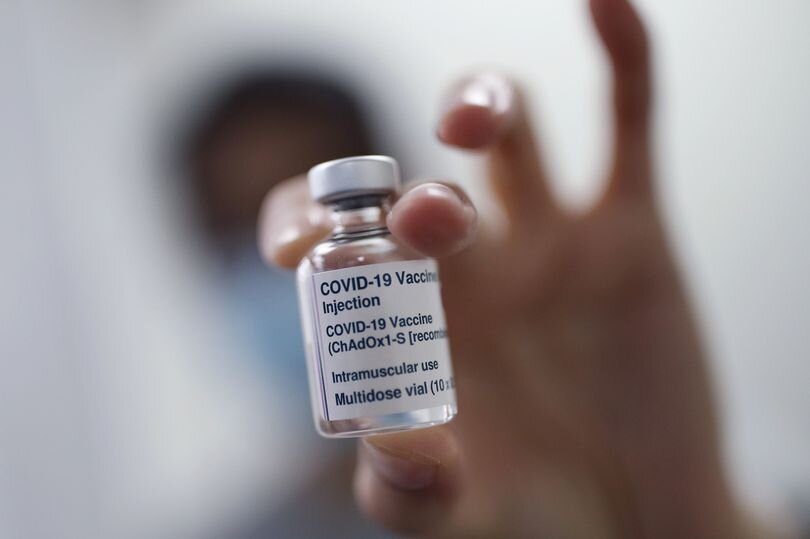Hawzah News Agency - The move follows discussions between the Lancashire Council of Mosques (LCM) and the NHS.
Pop-up vaccine clinics could be open in several Lancashire mosques within weeks in an attempt to encourage uptake of the Covid jab in the Muslim community.
The Local Democracy Reporting Service can reveal that nine Islamic places of worship in the county have shown an interest in acting as temporary vaccination centres – including several in Preston and Blackburn, along with others in Accrington, Brierfield and Nelson.
The move follows discussions between the Lancashire Council of Mosques (LCM) and the NHS in the region.
It is hoped that any mosques that commit to taking part will be offering health protection – as well as prayerful reflection – well in advance of the start of Ramadan on 12th April.
Maulana Rafiq Sufi, LCM chair, said that vaccine uptake in the Muslim community had been slower in some parts of the county than others – but stressed that this often reflected a hesitancy in the wider population in those areas and was not always specific to Black, Asian and Minority Ethnic (BAME) residents.
However, he said that there were nevertheless myths that needed to be “busted” – including concerns about receiving the jab during Ramadan itself.
“Islamically, the majority of opinion is that it’s permissible to take the vaccine while you are fasting.
“And if, by any chance, somebody had an adverse effect afterwards, they would be allowed to break the fast on health grounds if they needed to take a drink or whatever – they wouldn’t be being sinful and they could then catch up with that fast after Ramadan,” Maulana Sufi explained.
He said that recent trials offering rapid-turnaround Covid testing in mosques had shown that delivering such services from familiar and trusted venues “created confidence” – something which he says is even more vital after delivery of the Oxford/AstraZeneca vaccine was temporarily halted in several European countries following a small number of isolated reports of people developing blood clots.
UK and European regulators have said there is currently no evidence to suggest that the cases were caused by the vaccine and the World Health Organisation has urged countries to continue to administer the jabs while investigations are conducted.
“It’s particularly important now that mosques have these facilities so there is no kind of negativity and they can instil trust in people to take the vaccine,” Maulana Sufi added.
“We are also trying to get doctors from the community to come forward and give messages of reassurance from the pulpit.
“If I, as an Imam, stand up and give a message, then I can speak from an Islamic perspective. But if a doctor comes up and gives a message, then it speaks volumes because they have also got the medical [expertise] as well.”
Jane Scattergood, Covid-19 vaccination director for Lancashire and South Cumbria’s integrated care system (ICS) said: “We have made massive strides in vaccinating residents in the area; however, the job isn’t done yet. We are working closely with our diverse communities to help to encourage uptake.
“We are currently in conversation with a number of local mosques about hosting pop-up Covid-19 vaccination clinics. This will help us to reach even more residents and make it much easier for them to be vaccinated in a trusted community setting.
“It’s important that people know that having the Covid-19 vaccine during Ramadan is permissible, please don’t miss your appointment – it’s the best protection against this devastating disease.”


Your Comment